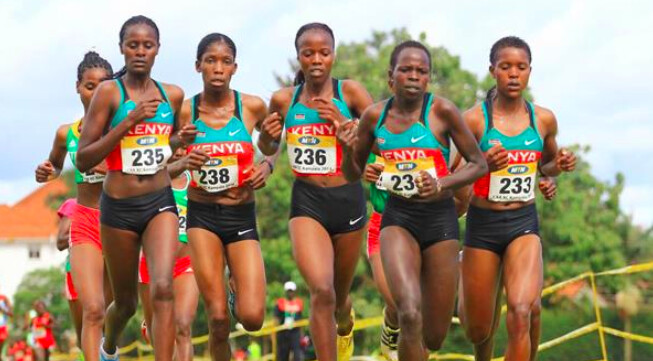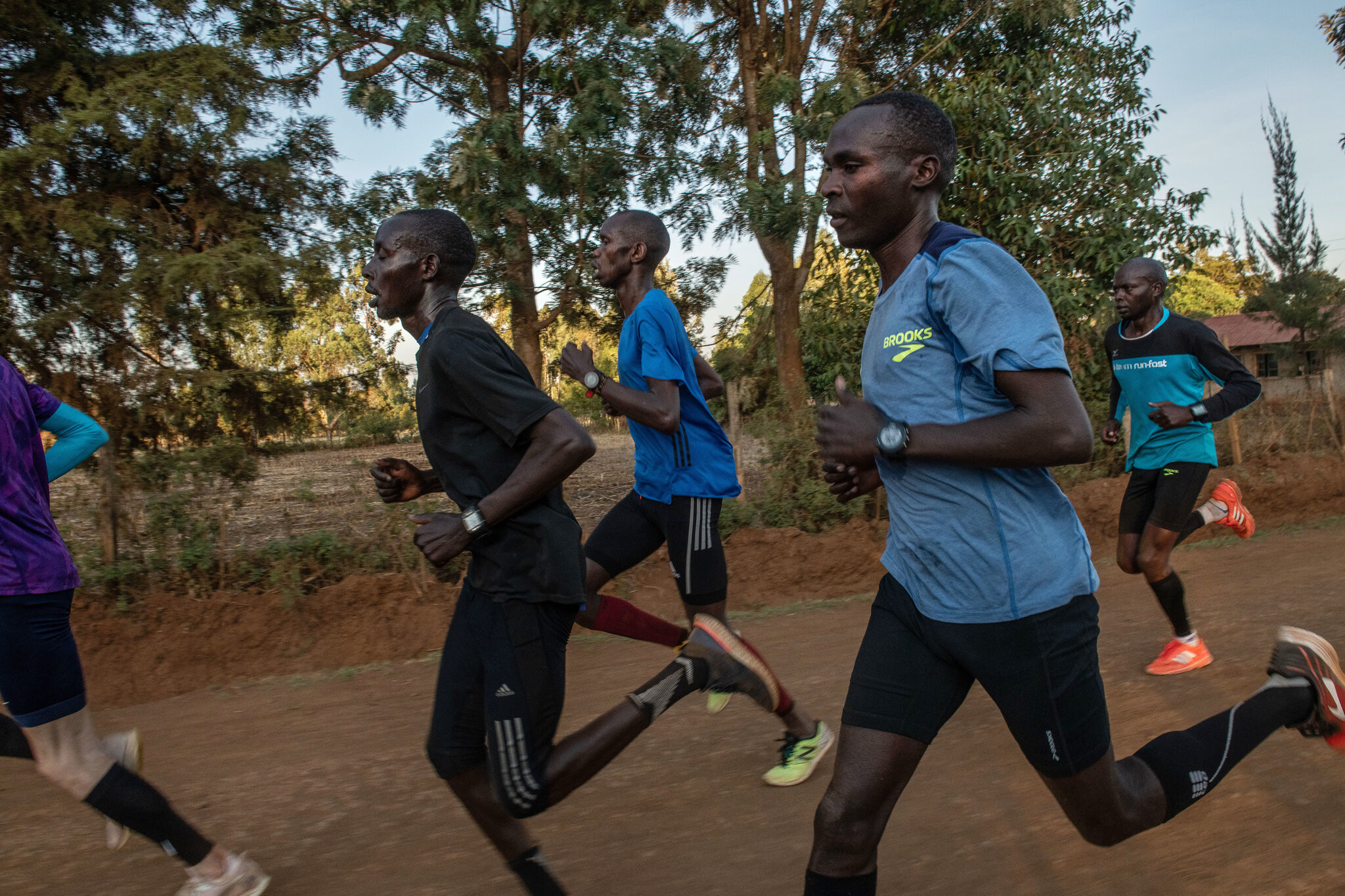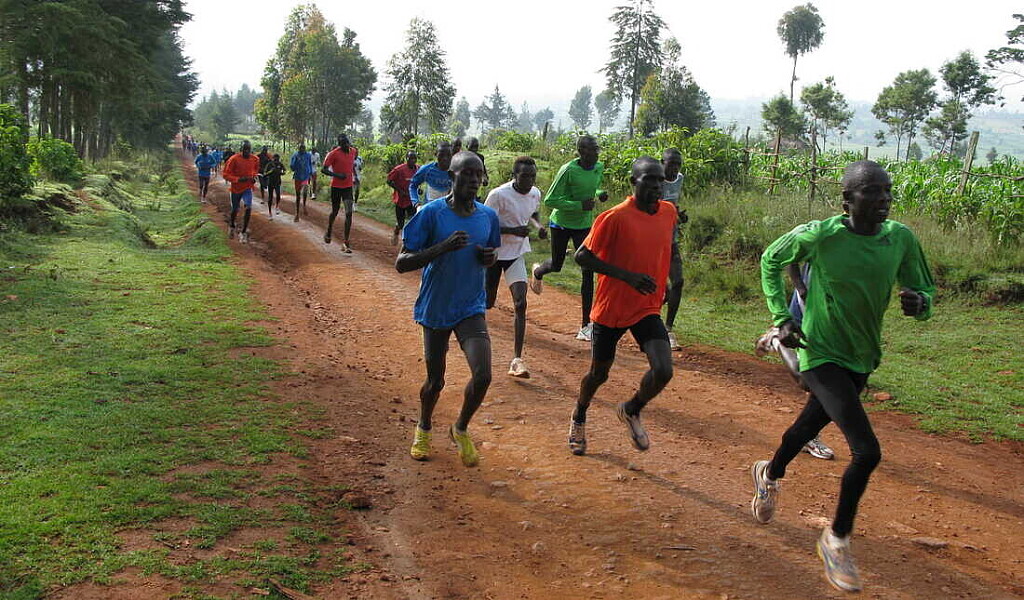Running News Daily
Running News Daily is edited by Bob Anderson. Send your news items to bob@mybestruns.com Advertising opportunities available. Train the Kenyan Way at KATA Kenya and Portugal owned and operated by Bob Anderson. Be sure to catch our movie A Long Run the movie KATA Running Camps and KATA Potato Farms - 31 now open in Kenya! https://kata.ke/
Index to Daily Posts · Sign Up For Updates · Run The World Feed
Is depth of talent the issue behind Kenya’s doping scandal?
If you have been following the sport of distance running for the past five years, you’ll be aware of the rise in positive doping cases out of Kenya, whose athletes have dominated the major marathon scene for nearly three decades. Since 2000, the country has won a total of 30 Boston Marathon titles, and the remarkable performances of marathon world record holders Eliud Kipchoge and Brigid Kosgei have put Kenyan athletics at the forefront of distance running. Still, below those few at the top, there are hundreds of aspiring talented distance runners from the East African nation willing to do whatever it takes to make ends meet.
In an in-depth interview with the BBC, Athletics Integrity Unit (AIU) head Brett Clothier explains that Kenya faces a unique problem that most countries don’t face—the sheer abundance of talent that sits below the elite level. “The problem is there is a huge pyramid of top-class athletes,” explains Clothier. “The difference in ability, in that pyramid, between the top and those below is not very much, because of the depth of their talent.”
Clothier adds that in the past, they have been testing the top of that pyramid, i.e., major marathon winners, domestic champions and world championship athletes, but the bottom ones have not been subject to out-of-competition testing. “That pyramid is hundreds, or even thousands, of athletes, so even though we are controlling the ones at the top very well, because of the pressure from the athletes below, who aren’t being tested out of competition, the athletes at the top are taking risks, and there is pressure to stay on top.”

The lure of financial incentives is a major driving force behind doping in Kenya. Road races tend to offer lucrative prize money and appearance fees, attracting a large professional class of runners who potentially see doping as a means to secure a better living. The extensive pyramid of top-class athletes in Kenya creates pressure to succeed, even for those not yet subject to out-of-competition testing. Clothier pointed out that these athletes do not have to go far to find performance-enhancing drugs. “When you have this illicit market, you have the opportunity for people to financially benefit from doping, and people who have the financial opportunity to sell performance-enhancing drugs,” said Clothier. “What we see is a market driven by money and demand.”
There are 165 Kenyan men who have run under 2:07 for the marathon. To put it into perspective, only three U.S. men in history have accomplished the same feat. USADA, the country’s doping agency, is backed annually by major players, including the U.S. Government and the U.S. Olympic and Paralympic Committee (USOPC), to help create a safe sporting environment and regularly test athletes.

Kenya’s problem is that it doesn’t yet have the funding or resources within its anti-doping agency to completely tackle the larger pool below those at the top, but the AIU and Kenyan government have increased funding for the Anti-Doping Agency of Kenya (ADAK) by five million a year for the next five years. “Funding can be a real game-changer,” said Clothier. “No other national anti-doping agency is at that level of testing in our sport.” In the last year, testing at the Kenyan National Championships has increased nearly 400 percent, which Clothier believes is a serious improvement.
World Athletics President Sebastian Coe fully supports the efforts made by the Kenyan Federation and government in tackling the issue. Although running fans may feel discouraged by seeing the downfall of major marathon winners and world championships medallists who are cheating, Clothier insists that each case represents progress in making athletics a cleaner sport. The country’s fight against doping continues, but the increased testing and commitment to fixing the problem offer hope for real change. With Coe and Clothier backing the efforts to address doping in Kenya, there is reason for optimism that the nation’s anti-doping initiatives will lead to a cleaner and fairer athletic environment, benefiting clean athletes and preserving the integrity of the sport.
by Running Magazine
Login to leave a comment




